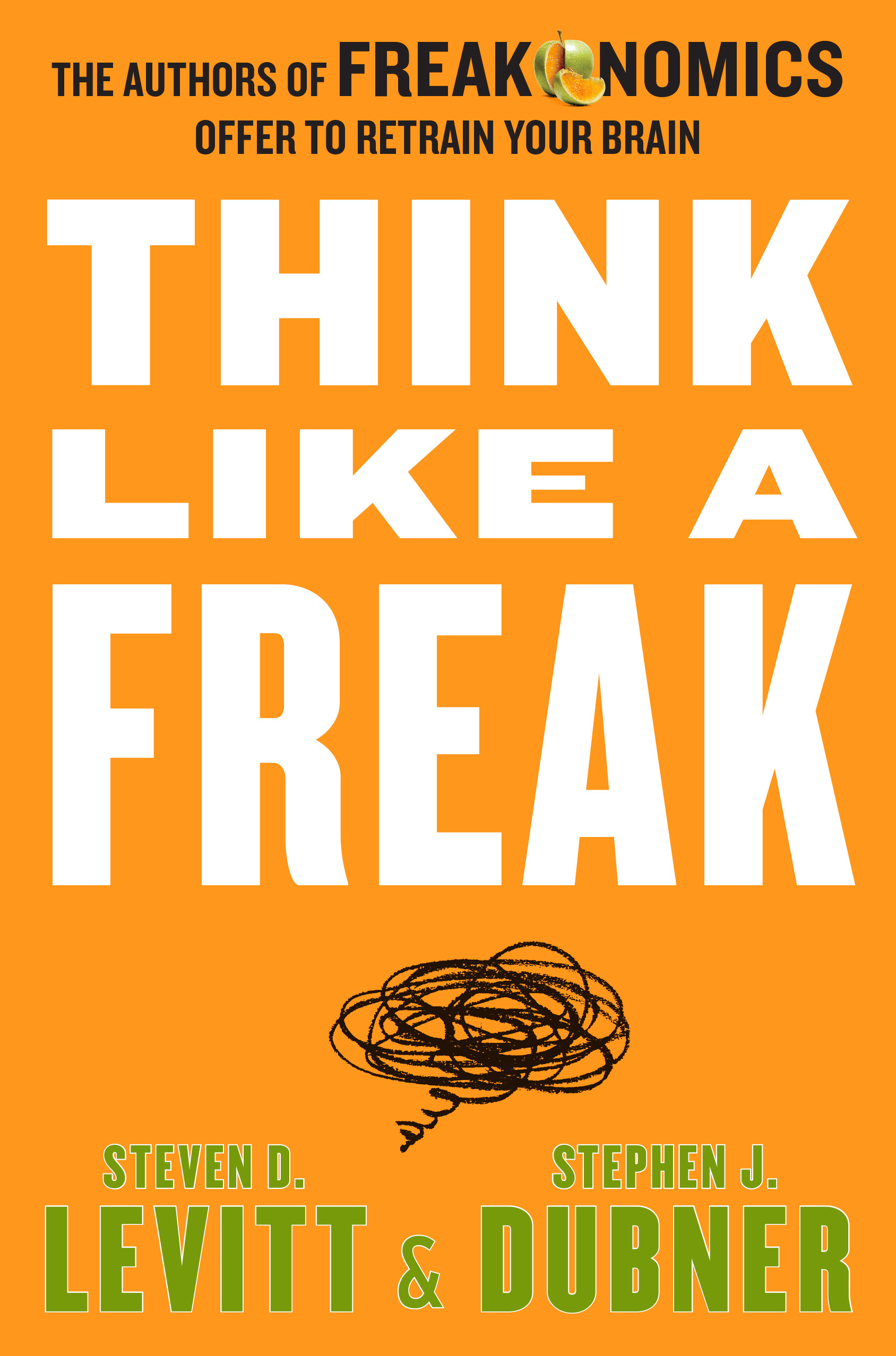I’ve been reading some excellent articles lately by folks such as Patrick Love and Joe Sabado. They're talking about technology integration into student affairs work. It has me thinking about what the value of incorporating more technology into our high touch work. We’re currently experiencing a time where these new inventions are changing modern campus life. Also, with these tools there is so much potential for augmenting the work we do making sure learning and engagement happens. No longer will it be guesswork or estimations. We can have hard numbers for what our students are doing (or not doing). With more of this data, and better access to it, we can be poised for success in making sure we’re doing all that we can to support all our students, each day.
Big Data to Big Insights
Student affairs professionals are well positioned to gather a lot of information about their students. Whether it is related to events with an ID card-swiping and student engagement technology like Check I’m Here, or online class analytics from platforms like Canvas. We can know a lot about what our students are doing. Also, we can convey this data in a clear way and contour it to our needs. Need to know the split of program attendance between residential and commuter students? Need to know how first-year students are getting involved versus upper-class students? These tools can pull specific information like that for you. This can provide insights that will optimize your efforts by focusing on what’s working well. You can also trim the fat and cut away services that aren't needed to make room for what you need to stat doing. Combine these tools with the robust communication functionality of something like Cranium Café. It allows for professionals to take advantage of face-to-face interactions even if your students are around the world and has its own data and analytics. All these tools together will create an ecosystem that will allow for your team to give the best support to your students each day.
Predictive Analytics
An awesome aspect of software that has strong, positive implications for student support services is predictive analytics. This means that if certain behavior occurs, a trigger kicks into action to alert you that a student needs help. An example of this could be that a student hasn’t gone to the dining hall for a week. Once the alert comes up, professionals can jump into action to support the student. Students can even be provided with personal alarms to increase security. Even if the student doesn’t want or need help, they’ll know that the institution cares about their success. Any good tool for managing student information should have this feature since it takes the guess work out of figuring out who may be at risk. It allows for the high touch, soft skills to be utilized where they’re needed most.
Global Information Access
Just to clarify here, I mean to say “global” as your entire team, not the entire world. I have seen too many times that necessary information is only accessible in limited ways. It could be that an app only works from a wired desktop computer in your office. It is inexcusable to not allow your team, especially on-call administrators, to be able to access information no matter where they are. This allows for seamless support to occur since information is always just a few clicks away. You can go one step further too, and work to create an optimized mobile app for your team. As opposed to having them pull up information through a web browser on their tablet or smartphone, which can be less than ideal. Work with your campus partners to build something that serves everyone's interests.
Life moves pretty fast nowadays, but we now have the tools at our disposal to better keep up with it. With more insights, predictive alerts, and easier access to information, professionals can use high tech tools to augment their high touch efforts. Invest in these tools so that you can invest more of your time on the students who need your support the most. The return of a more engaged, supported, and persistent campus will be well worth the cost.
Now go out there and do good for your students!







